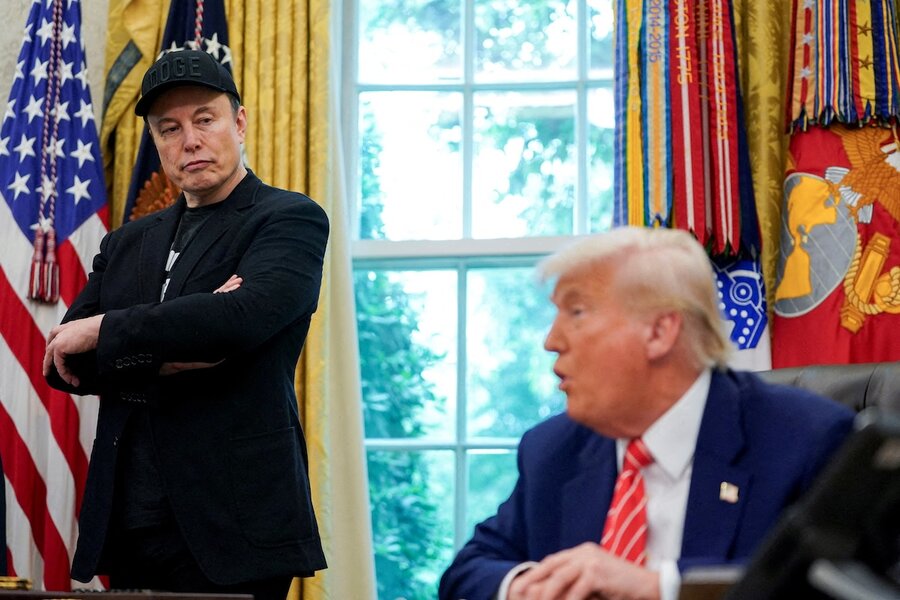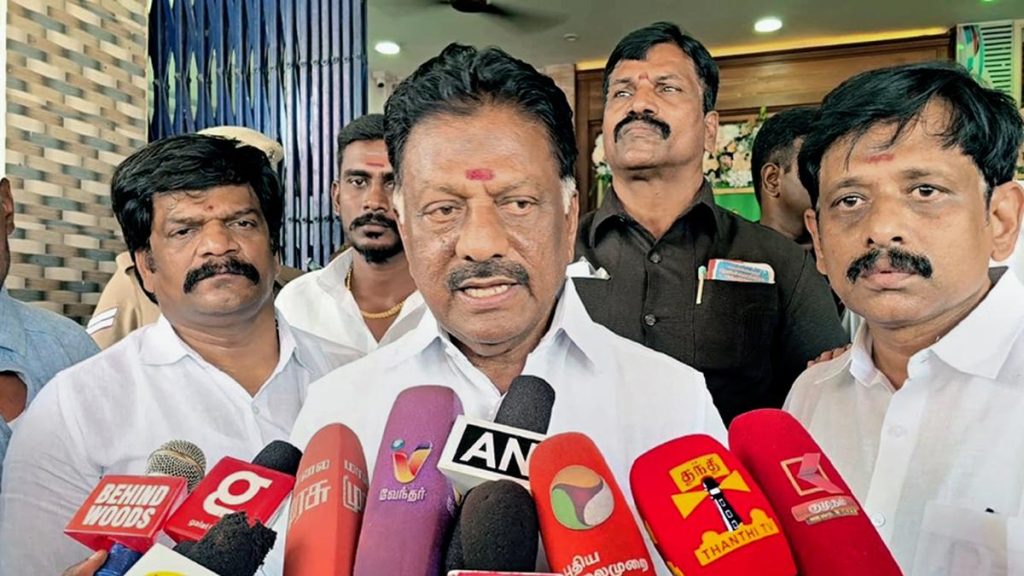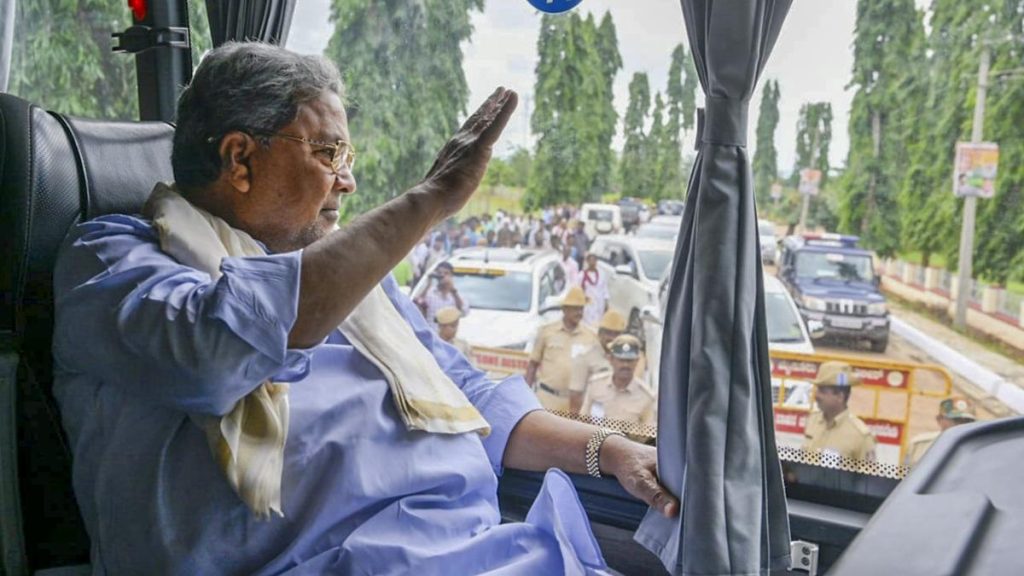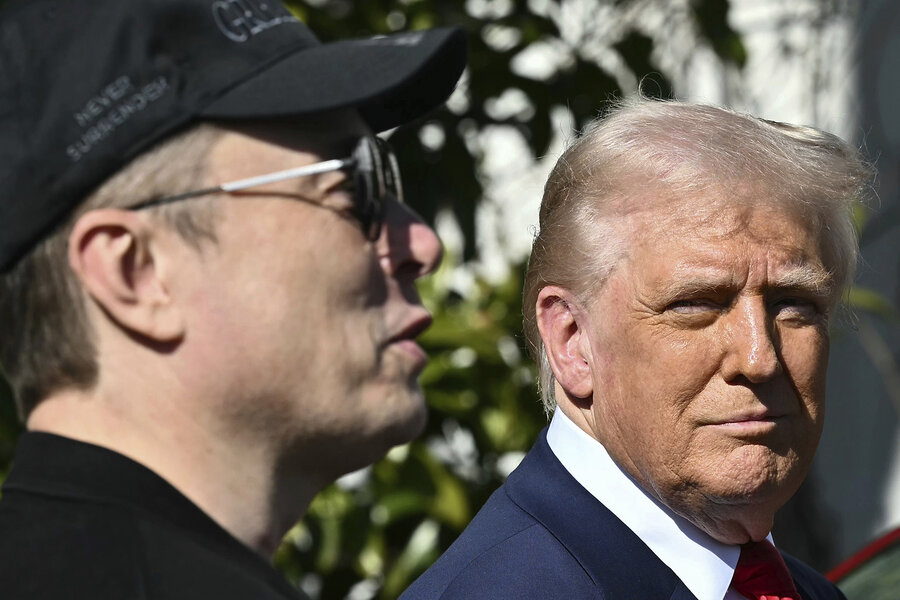Now Reading: Musk and Trump: From Allies to Adversaries
-
01
Musk and Trump: From Allies to Adversaries
Musk and Trump: From Allies to Adversaries

Quick Summary
- Former allies Donald Trump adn Elon Musk appear to have had a meaningful falling out over policy disagreements.
- tensions escalated when Musk criticized Trump’s tax and spending bill, calling it fiscally reckless and vowing opposition against supportive lawmakers. The bill could add $2.4 trillion to the U.S. public debt.
- Privately, Trump expressed frustration over Musk but withheld action to maintain his political support before the midterm elections.
- Following Musk’s criticism on social media, tensions erupted publicly with Trump slamming Musk for his remarks while suggesting termination of government subsidies linked to Tesla.
- In return, Musk proposed creating a new political party and endorsed a post calling for Trump’s impeachment.
- A key point of contention was Trump’s withdrawal of Jared Isaacman, considered vital by Musk, as a nominee for NASA administrator-a move seen as limiting Musk’s influence in government.
- the split has shaken Tesla’s stock prices (-14%) and caused uncertainty among Republicans supporting the controversial tax bill while potentially impacting both men:
– Trump risks losing access to critically important donor networks and younger voters typically engaged by tech-focused platforms like X (formerly Twitter).
– For Musk, heightened scrutiny on business practices may jeopardize federal contracts tied to Tesla or SpaceX.
Source: Reuters
Read More
Indian Opinion Analysis
The rift between Donald Trump and Elon Musk highlights the complex interplay between politics and corporate influence in governance. Such instances raise broader questions around concentration of power-whether policymakers should lean heavily on private-sector magnates or rely on institutional frameworks alone. While their partnership fostered unconventional policymaking insights earlier, this abrupt fallout underscores how fragile such associations can be due to conflicting interests.
From India’s outlook-as it increasingly embraces its own tech-driven governance initiatives-the developments serve as a cautionary tale about balancing corporate collaboration with democratic accountability. Disruptions like this could generate ripple effects globally if trade partnerships or market stability involving influential entities such as Tesla are threatened further by fluctuating relations.
As India bolsters its internal startups front alongside space-exploration ambitions akin to ISRO’s missions under Gaganyaan-ensuring transparency plus constructive boundaries regulators engage SMEs (industries)-would minimize pitfalls deriving externally-induced trust friction faced elsewhere evaluating U.S trajectory monitors nuances shaping specific R&D learn-through model adaptation counterparts safeguarding integrity applied recurring lessons proactively refined policies adaptability long-term future-oriented strides ultimately matter ensuring trust consistency satisfying broader public gains eventual stakes cumulative sharp viewpoints flow-root
























